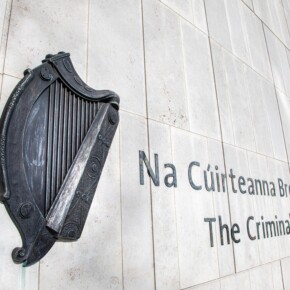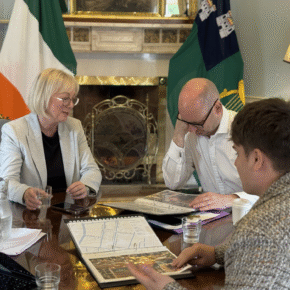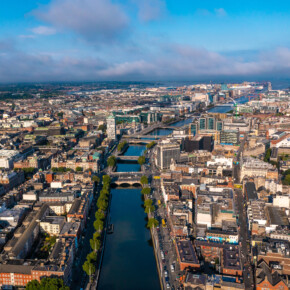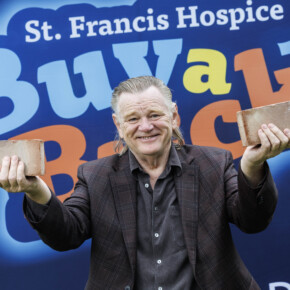COMMENT: Nothing heroic about response to homelessness
Dublin People 28 Nov 2015
AS DUBLIN city centre was still smouldering in the aftermath of the seismic events of Easter Week, 1916, I very much doubt that the leaders of the rebellion dwelled too much on what their personal legacies would be after they were held by British forces and led to their execution.
Little did the rebels know then that 100 years after making the ultimate sacrifice for the cause of Irish freedom, they would have modular housing units named in their honour.
I must confess that I felt my toes curl with embarrassment when I learned one of the chosen sites in Poppintree, Ballymun, had been named Baile na Laochra – or Town of the Heroes.
Apart from the naff name, I have mixed feelings about the modular housing plan, which will also see units developed in Coolock, Finglas, Drimnagh and Ballyfermot. Strangely enough, there are none so far announced for any of the more salubrious parts of the city.
But cynicism aside, any effort to tackle the issue of homelessness has to be seen as a positive development. The tender, design and build process has been fast-tracked under an Accelerated Restricted Procedure (ARP) and the first modular homes will be ready for occupation by December 21.
Dublin City Council says this is in recognition of the urgency of the family homelessness situation in the Dublin region. The first stage consists of two-storey, three-bedroom homes and the cost of providing the 22 units will be €4.2m. While the expenditure is similar to building more conventional homes, emphasis has been placed on the comparatively speedy rate of construction for modular units. We are assured that these homes will be completed to the highest standards and will fully comply with new Building Control Regulations.
The use of modular homes is being portrayed as an effective way to address homelessness in Dublin, specifically for families currently living in hotels.
In the week October 19-25, there were 677 families in all forms of emergency accommodation, including 1,425 child dependents. Of these families, 216 (including 450 child dependents) were in emergency homeless accommodation and 461 families, with 975 child dependents, were in hotels.
Dublin City Council plans to deliver a further 131 modular homes during 2016 on the other earmarked sites.
While the provision of modular housing was initially seen as a temporary solution to the homelessness crisis, there have been suggestions that families could end up living in them on a more permanent basis. This is due to the fact that two-storey units are being constructed and the build will be of very high quality. In fact, they will be far superior to some of the overpriced dog boxes that were constructed by cowboy builders during the Celtic Tiger era.
Whether this turns out to be a workable solution to the problem remains to be seen. But one thing is for certain: there is nothing heroic about this belated response to a crisis that has been allowed to escalate beyond control by successive governments.
Our political establishment has been blindsided by greedy developers, reckless bankers and unscrupulous landlords, creating a new generation of homeless communities.
I strongly suspect it’s not the type of Irish Republic envisaged by the 1916 Rising rebels.











